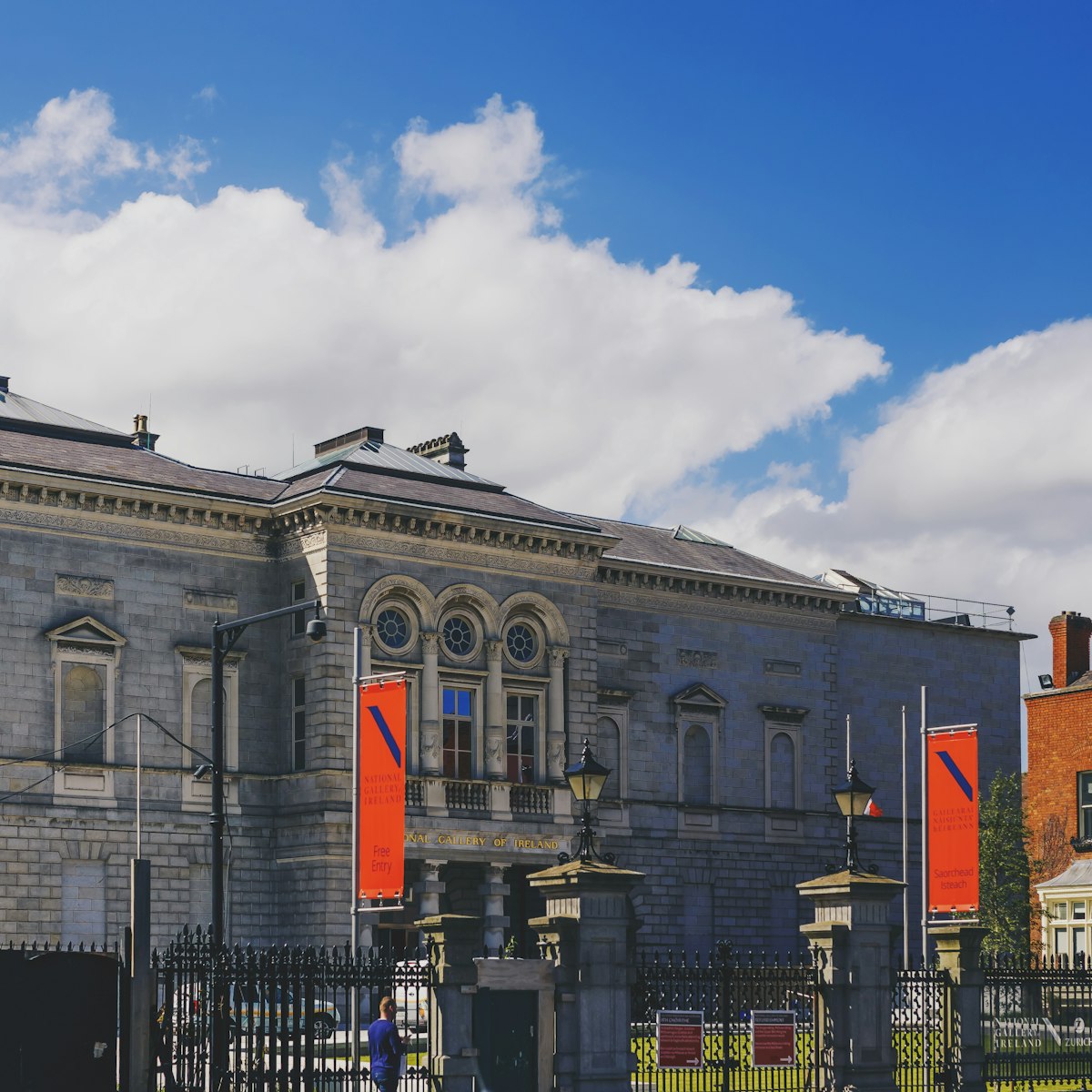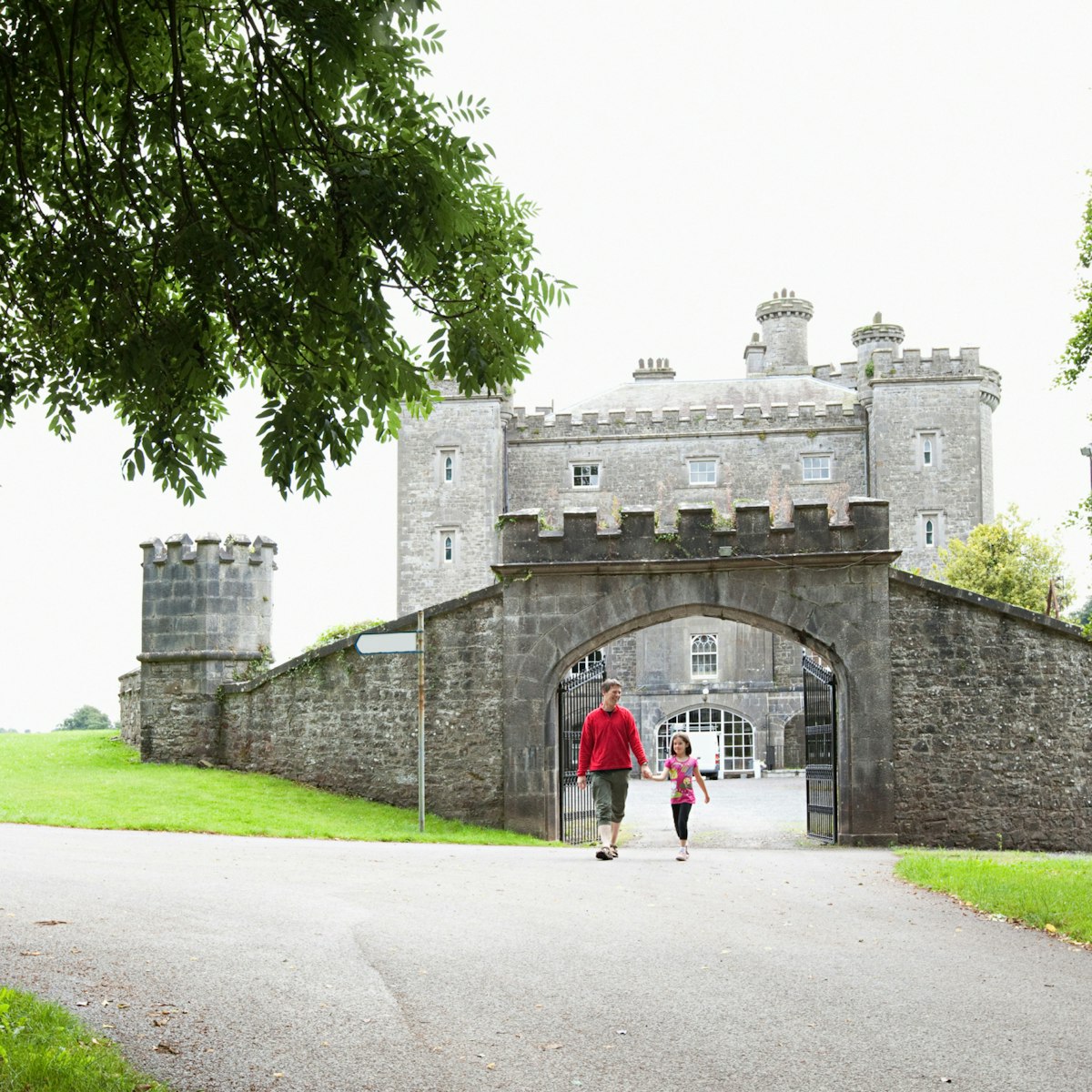Affectionately known as the 'Dead Zoo', this dusty, weird and utterly compelling museum is a fine example of the scientific wonderment of the Victorian age. Its enormous collection of stuffed beasts and carefully annotated specimens has barely changed since Scottish explorer Dr David Livingstone opened it in 1857 – before disappearing into the African jungle for a meeting with Henry Stanley.
Why you should go
Stepping inside the Museum of Natural History is like taking a step back in time to the Victorian era. Sometimes described as a "museum of a museum", not much has changed since it first opened in 1857, just two years before Charles Darwin published The Origin of the Species. A cabinet-style museum of curiosities from the fields of zoology and geology, its collection comprises more than two million items, making it one of the largest collections of its kind in the world, with some great examples of extinct wildlife from Ireland and the rest of the globe.
Don't miss
The Irish Room on the ground floor is filled with mammals, sea creatures, birds and some butterflies all found in Ireland at some point, including the skeletons of three 10,000-year-old Irish elk that greet you as you enter. The World Animals Collection, spread across three levels, has as its centrepiece the skeleton of a 20m-long fin whale found beached in County Sligo. Evolutionists will love the line-up of orang-utan, chimpanzee, gorilla and human skeletons on the 1st floor.
A newer addition is the Discovery Zone, where visitors can do some firsthand exploring of their own, handling taxidermy specimens and opening drawers. Highlights include a Spotted Hyena jawbone fossil and a Peregrine Falcon. Other notables include a Tasmanian tiger (an extinct Australian marsupial, mislabelled as a Tasmanian wolf), a giant panda from China, several African and Asian rhinoceros ,and Spotticus the Giraffe, who has his own Twitter account. The wonderful Blaschka Collection, made in the 1870's in Dresden, Germany, comprises finely detailed glass models of marine creatures whose zoological accuracy is incomparable.
Tickets and other practicalities
The museum is open seven days a week and entry is free. Only the ground floor is wheelchair accessible; there are no lifts to the first floor which houses the Mammals of the World exhibition and Reading Room. There is no seating in the exhibition galleries but mobile stools are available upon request.
It's easily accessible by public transport; most city centre buses have a stop nearby and the nearest Luas stops can be found on Dawson Street and St Stephen's Green, both about a 10-minute walk away.
What's nearby?
You'll find the Natural History Museum on Upper Merrion Street, about a two-minute walk from Merrion Square park. Its sister museum, the National Museum of Ireland - Archaeology is nearby (a seven-minute walk), and you're surrounded by a great choice of restaurants, cafes and bars.








